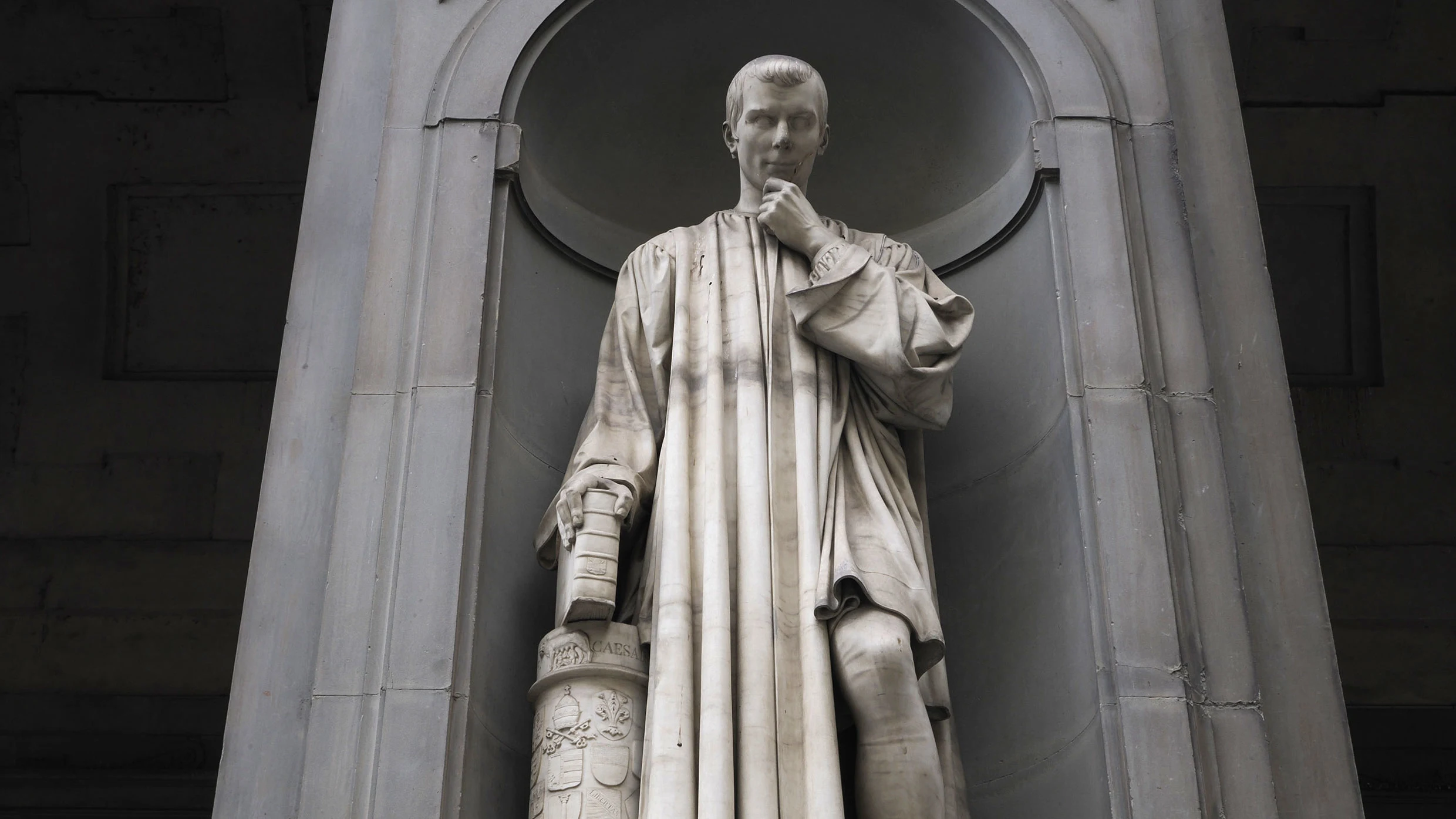
"Niccolò Machiavelli, the infamous author of , wrote in the 1500s that the ideal leader makes and breaks solemn agreements. He creates alliances with weak allies to defeat a powerful enemy and then eliminates them one by one. He blames his next-in-charge for his own mistakes, and he executes opponents in public."
"St. Francis of Assisi was the antithesis of a Machiavellian leader. Born in 1181, the future saint renounced his father's wealth, then spent the remainder of his life wandering around northern Italy as a beggar and preacher. Francis gained a reputation for extreme humility-but certainly he was not weak. He dealt with popes, nobles and even an Egyptian sultan. He founded a religious order, the Franciscans, that survives today."
"'Two faces of power' Psychologists have long been fascinated by people's nonconscious motives-and how to measure them. One influential assessment, developed in the 1930s, is the Thematic Apperception Test, or TAT. People write short stories about ambiguous pictures, and researchers then analyze the stories to see which themes emerge: what the writer cares or worries about, and how they see the world. In 1970, psychologist David McClelland coined the phrase " the two faces of power " to describe two different types of power that motivate people, based on his TAT analyses: personal power and socialized power. Personal power is the motivation to dominate others. McClelland noted that people with a desire for personal power tend to use imagery that evokes "the 'law of the jungle' in which the strongest survive by destroying their adversaries." Socialized power, on the other hand, aims to benefit others."
Two distinct motivations explain divergent leadership styles: personal power and socialized power. Personal power motivates dominance, manipulation, alliance-building with subsequent betrayal, blame-shifting, and public punishment of opponents. Socialized power motivates humility, service, cooperation, and efforts to benefit others while retaining influence and effectiveness. Historical examples contrast Machiavellian tactics of calculated cruelty with Franciscan humility that combines moral renunciation and effective negotiation. Psychological tools such as the Thematic Apperception Test reveal nonconscious imagery and motives that distinguish survivalist dominance from other-oriented leadership drives.
Read at Fast Company
Unable to calculate read time
Collection
[
|
...
]